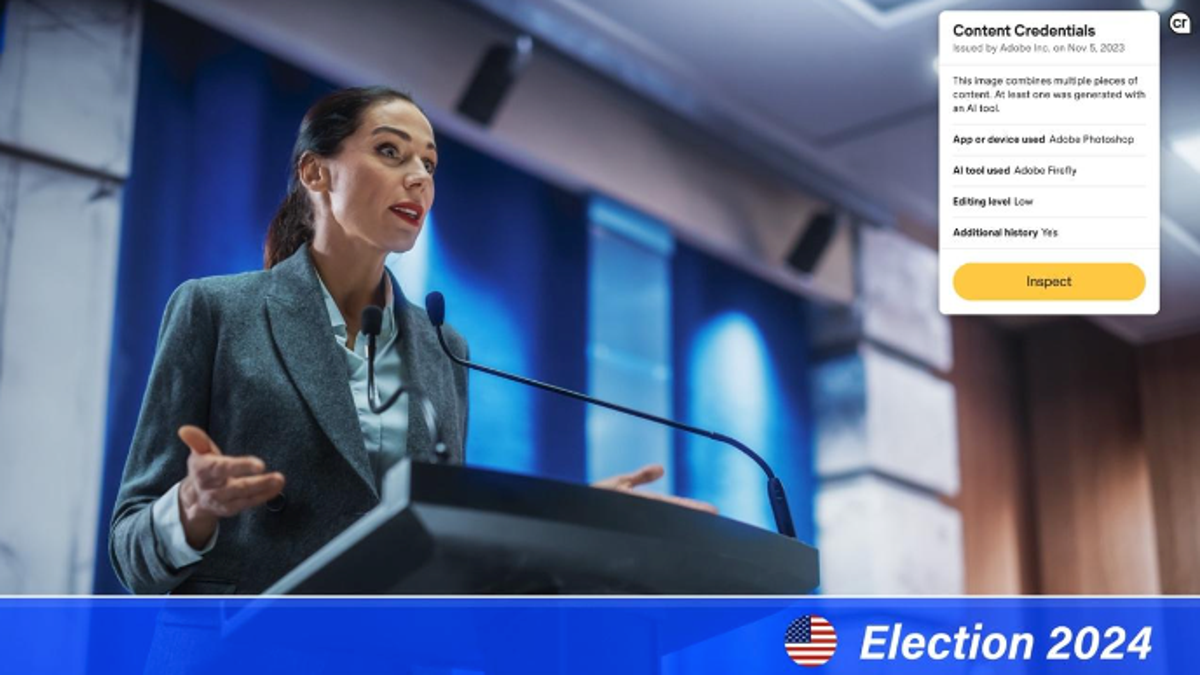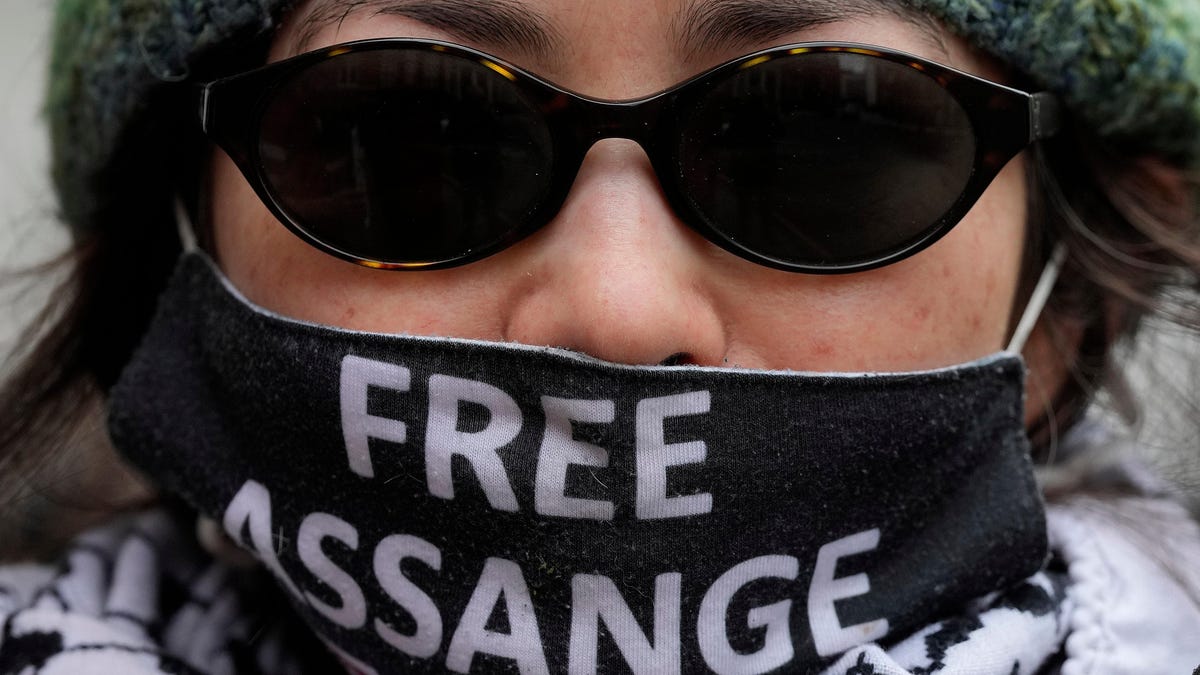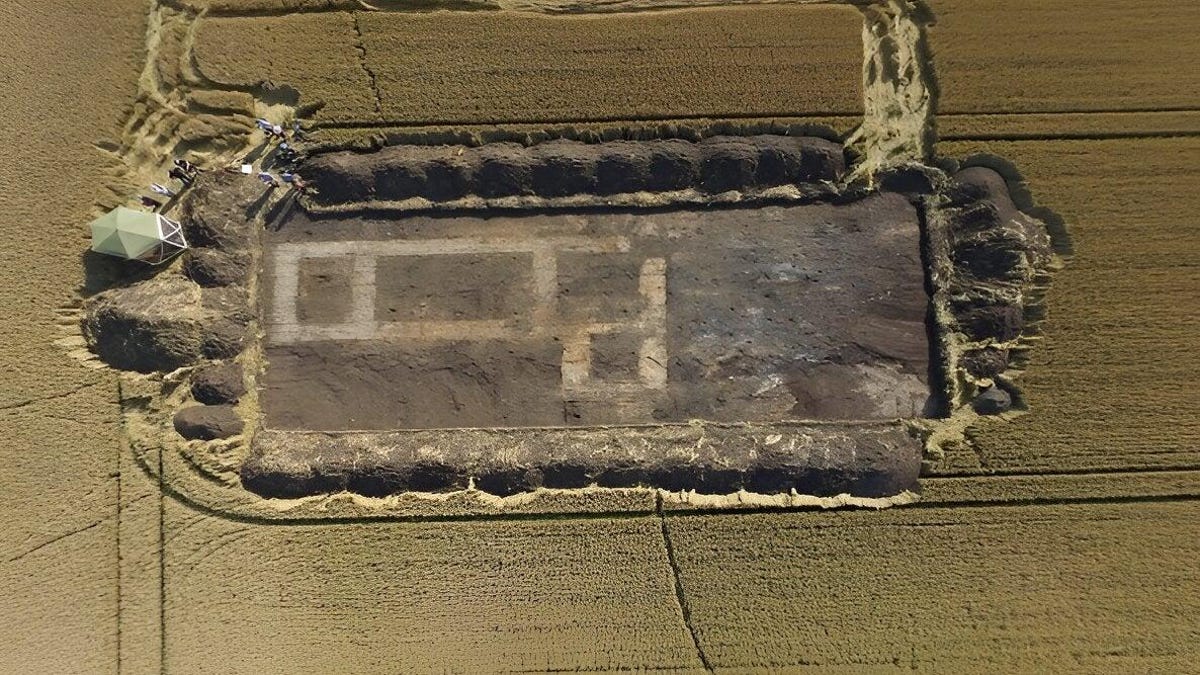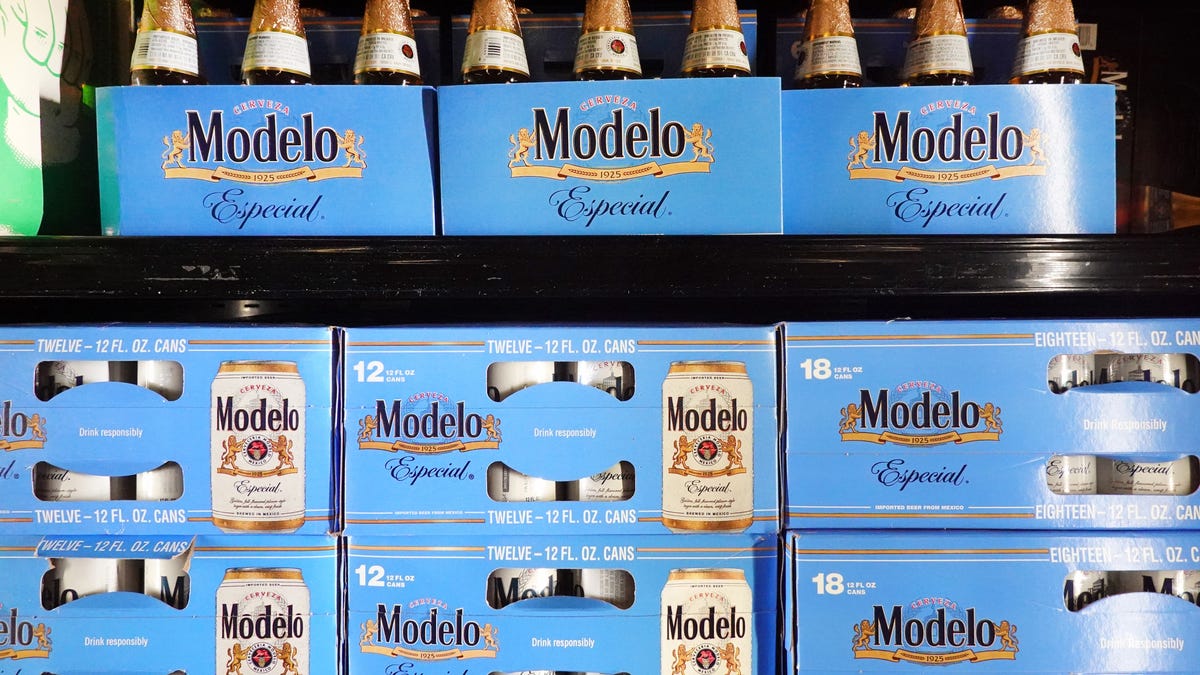Americans Concerned About AI Deepfakes and Misinformation Ahead of Elections
Deepfake technology has been a growing concern for Americans as they worry about the potential impact of AI-generated fake information ahead of the upcoming U.S. presidential election. Recent studies have shown that a majority of Americans are uneasy about how generative artificial intelligence can be harnessed to spread misinformation. Specifically, a significant number of U.S. residents are particularly worried about the use of AI-generated misinformation in relation to the 2024 presidential election.
An Axios survey revealed that 53% of Americans believe that misinformation spread by AI could influence the outcome of the election. Further exacerbating these concerns, a commissioned survey by Adobe found that a staggering 80% of Americans are worried about deepfakes influencing election results. In response to these worries, a substantial 40% of respondents admitted to reducing or completely halting their use of certain social media platforms due to the prevalence of misinformation.
Real-World Examples of AI Misinformation
These concerns are not unfounded, as examples of AI-generated content being utilized for deceptive purposes have already surfaced. For instance, during Florida Governor Ron DeSantis’ now-defunct presidential campaign, deepfake videos depicting interactions between prominent figures were shared. Similarly, political figures like Poland’s prime minister, Donald Tusk, have been involved in posting partially AI-generated content during their campaigns.
Moreover, China-backed groups have employed AI-generated videos featuring fake news broadcasters to influence election narratives in regions like Taiwan. Additionally, a group of researchers from Microsoft have warned that China could potentially use AI to interfere in the U.S. presidential election through misinformation tactics.
Adobe’s Response to Combat AI Misinformation
Recognizing the potentially harmful impact of AI-generated misinformation, Adobe has been at the forefront of developing solutions to address this growing challenge. Andy Parsons, Adobe’s Senior Director of the Content Authenticity Initiative, emphasized the importance of combating AI-driven misinformation while acknowledging the transformative potential of generative AI in enhancing creativity and productivity.
One of Adobe’s key initiatives is the Content Authenticity Initiative (CAI), launched in collaboration with The New York Times and Twitter. The CAI introduced an open-source code called Content Credentials, which allows companies to integrate metadata into digital content for transparency and verification purposes. This technology enables users to determine the authenticity of photos and videos by providing information on how the content was created and edited, including whether AI was utilized.
Furthermore, Adobe’s collaborative efforts with industry giants like Microsoft, Arm, Intel, and Meta led to the establishment of the Coalition for Content Provenance and Authenticity (C2PA) in 2021. This coalition aims to establish a digital content certification standard to combat the proliferation of AI-generated misinformation. Notably, major companies like Google have joined these efforts to enhance the industry-wide standards for content authenticity.
“That little CR [Content Credentials] pin, which we imagine can be as recognizable in the next few years as the copyright symbol, indicates not that [digital content] is good, true, or false, but that there’s more information [about where the content came from], which is why we like that nutrition label metaphor. You know, you can walk into a supermarket, and nobody’s gonna stop you from buying unhealthy food — but you have a fundamental right to know what’s in it.”
While Content Credentials offer a robust solution to combat AI-driven misinformation, Parsons acknowledges that a multi-faceted approach involving government intervention, civil society participation, technological advancements, and media literacy education is crucial to effectively address the issue. He emphasized that the adoption of a digital content certification standard like Content Credentials is a significant step towards safeguarding election integrity and combating misinformation in the digital realm.
Image/Photo credit: source url





